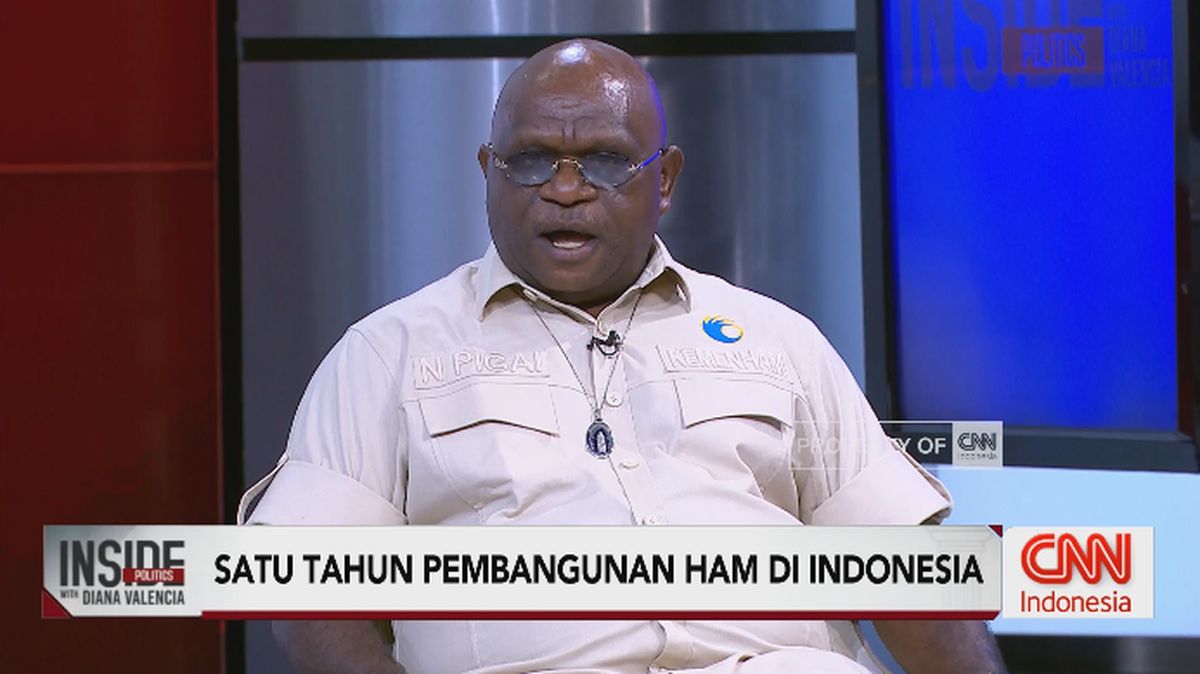National Anti-Corruption Commission suppresses name of corrupt public servant
We’re sorry, this feature is currently unavailable. We’re working to restore it. Please try again later.
The National Anti-Corruption Commission has suppressed the name of a senior public servant who corruptly promoted her sister’s fiance to his “dream job”.
Following the first public release of a NACC investigation earlier this week, this masthead confirmed the identity of those involved with the case.
The investigation found the public servant abused her office by promoting her sister’s fiance as a candidate for a position in the department, praising him to colleagues, creating the job requisition, approving it herself and forging a signature to fast-track onboarding.

National Anti-Corruption Commission boss Paul Brereton.Credit: Alex Ellinghausen
The official did this “while deliberately concealing the family relationship”, amounting to “corrupt conduct” overall. In a separate incident, the official – who the commission referred to as “Joanne Simeson” – allegedly provided job interview questions to her sister in advance.
NACC commissioner Paul Brereton directed that any investigation material, including evidence given by witnesses or information that may reveal the identity of a person, could not be disclosed beyond the purpose of the hearing.
The decision was justified to protect witnesses from being identified, considering the wellbeing of people involved, and the fact the woman found to be corrupt “did not occupy high-profile positions that would ordinarily justify greater public accountability”.
“The imperatives of accountability, transparency and education will still be achieved by publishing a detailed report that utilises pseudonyms,” the report said.
“To the extent that any witness or protagonist would still be identifiable, the commission is satisfied that the references are necessary in the public interest to provide an understanding of the relevant facts and that the references will not cause undue damage to their reputation, safety or wellbeing.”
The case had evidence from a series of texts Simeson exchanged with her sister, whom the commission called “Melissa Simeson”, about employing her soon-to-be brother-in-law, called “Mark Elbert”.
All the names used by the commission were pseudonyms.
In the texts, Joanne said her high position in the Department of Home Affairs would ensure Elbert’s employment.
Loading
At one stage, Joanne wrote to Melissa to reinforce that Elbert should not mention the family connection and suggested how he should present himself. “Make sure [he] sells his ability to write briefs. Pick up subjects quickly. Good team member. Loves international work. Able to work across time zones. You are not my sister. He cannot say our surname. Or where you work.”
“The lying is not his strong suit but we will just properly brief him,” her sister responded.
When asked by the commission about these messages, Joanne said it was “a poor judgment call” that was “a joke between two sisters”.
The NACC has also been embroiled in controversy after its oversight body found NACC commissioner Paul Brereton engaged in “officer misconduct” after he mistakenly failed to remove himself entirely from deliberations about whether to take up the six referrals from the robo-debt royal commission, after he disclosed a conflict of interest.
The NACC originally decided not to investigate the six referrals. However, in a major backflip in February, it began an investigation.
The NACC declined to comment.
Cut through the noise of federal politics with news, views and expert analysis. Subscribers can sign up to our weekly Inside Politics newsletter.
Most Viewed in Politics
Loading


















































